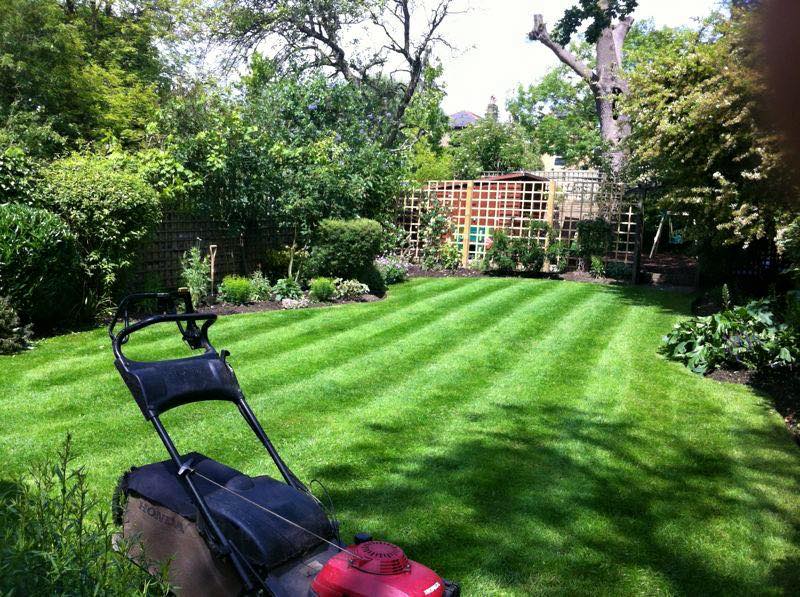
Summer is a season that brings warmth and growth to our gardens. However, it can also be a time of stress for plants due to high temperatures, drought, and pests. Therefore, it’s important to take proper care of your garden in summer to keep it healthy and thriving. In this article, we’ll discuss some essential tips for treating your garden care during the summer season. Revo Garden offers Lawn Care Services in Walnut Creek & nearby areas in California.
- Watering
Water is essential for the growth of plants, and during the summer season, it’s important to make sure your garden is getting enough water. The best time to water your garden is early in the morning or in the evening when the sun is less intense. This will prevent the water from evaporating too quickly, and it will allow the plants to absorb the water they need.
When watering your garden, make sure to give each plant enough water to saturate the soil. Watering deeply once or twice a week is better than watering lightly every day, as this will encourage deeper root growth and make your plants more resilient to drought. However, be careful not to overwater, as this can lead to root rot and other fungal diseases.
- Mulching
Mulching is a great way to retain moisture in your garden and keep the soil cool during the summer months. Mulch also helps to suppress weeds and improve soil fertility. The best time to mulch is in late spring or early summer, when the soil is warm and moist.
When choosing a mulch, look for organic materials such as straw, leaves, or compost. Spread the mulch around the base of your plants, making sure to leave a small gap between the mulch and the plant stem. This will prevent the mulch from touching the stem and causing rot.
- Pruning
Summer is a good time to prune your garden plants, as they are in full growth mode. Pruning helps to promote healthy growth, remove dead or damaged branches, and keep your plants looking tidy.
When pruning, use sharp, clean tools to make clean cuts. Cut back any dead or damaged branches to promote healthy growth. For flowering plants, remove spent blooms to encourage the growth of new blooms.
- Fertilizing
Fertilizing your garden during the summer months can help to promote healthy growth and improve plant resilience. However, be careful not to over-fertilize, as this can lead to burning and other problems.
Choose a slow-release fertilizer that is appropriate for your plants and apply it according to the instructions on the package. If you prefer to use organic fertilizers, look for compost or other natural sources of nutrients.
- Pest Control
Summer is a prime time for pests, including aphids, spider mites, and whiteflies. These pests can cause damage to your plants and even spread diseases.
To control pests in your garden, start by practicing good sanitation. Remove any dead or diseased plant material, as this can attract pests. Keep your garden clean and tidy, and remove any weeds that might harbor pests.
If you notice pests on your plants, try using natural remedies before resorting to chemicals. For example, you can spray your plants with a mixture of water and dish soap to deter aphids and other soft-bodied insects. You can also use neem oil or insecticidal soap to control pests.
- Shade
Some plants, particularly those that prefer cooler temperatures, can suffer in the intense summer heat. To protect these plants, consider providing some shade.
One way to provide shade is to use shade cloth, which is a lightweight fabric that can be draped over your plants. Another option is to plant taller plants or trees nearby that can provide shade.
